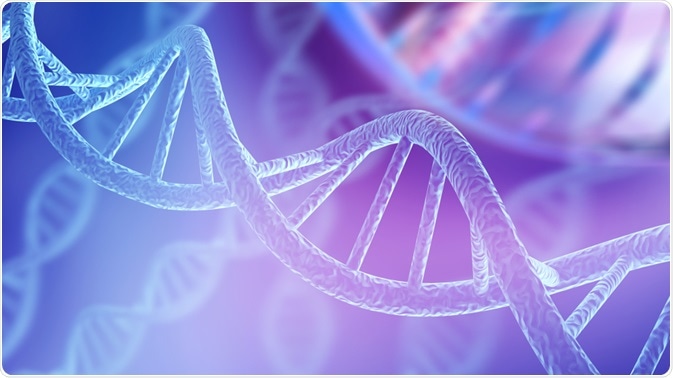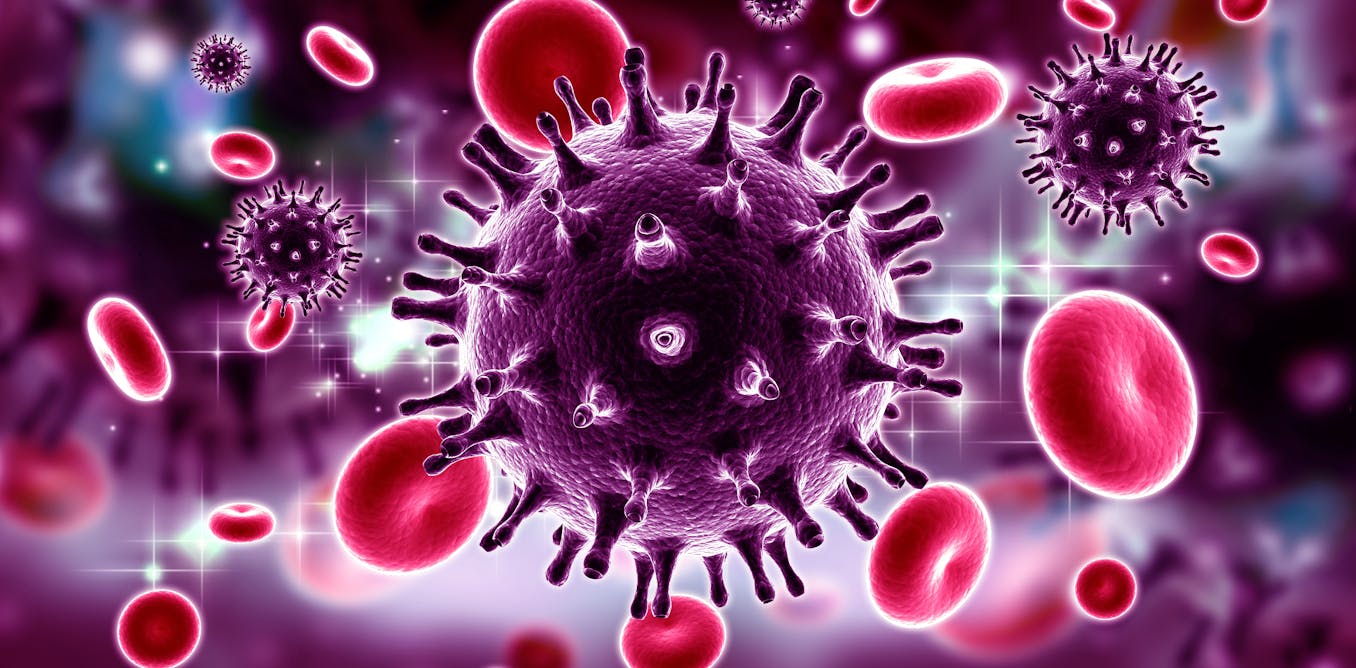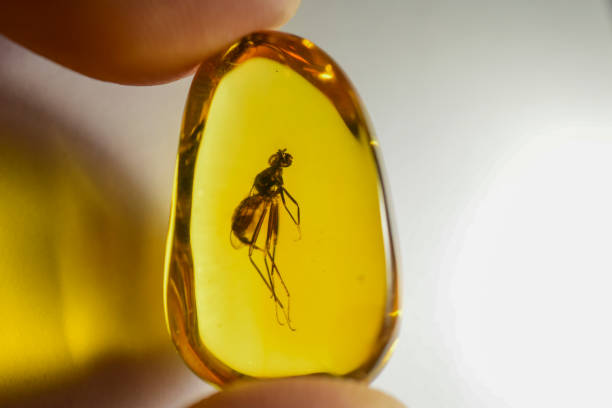Are Bacteria Autotrophs or Heterotrophs?
They are can be either Autotrophic and Heterotrophic!
What does a flower Ovary do for the plant?
It contains the Ovules which help the flower in reproducing.
What are genes?
What is heredity?
Genes are segments of DNA that code for different traits depending on the base pairs order.
Heredity is the passing of traits from parents to offspring.
What type of species is mainly in the Aves class and what are 3 examples
Birds; pigeon, crow, sparrow, doves, etc.
Define what an analogous, homologous, and vestigial structure are
Analogous - Body parts that are similar function wise but different structure wise
Homologous - Body parts that are similar structure wise but different function wise
Vestigial - Body parts that have lost their original function during evolution
Name TWO types of bacteria and virus shapes
Bacteria; Cocci, Bacilli, and Spirillium
Virus; Helical, Polyhedral, Sperical, and Complex
What is the major site of photosynthesis?
The leaves
What does DNA stand for and what is it made up of?

DNA - Deoxyribonucleic acid
DNA is made of nucleotides, base pairs, ribose (sugars), phosphate group.
What is the difference between a Vertebrate and Invertebrate?
A Vertebrate has a backbone and in an Invertebrate the backbone is absent.
Who was Charles Darwin and what was his theory?
Charles Darwin was an English naturalist in the mid 1800's who studied plants and animals by observing them.
Charles Darwin invented the theory of evolution
What is a latent virus?

A latent virus is one that has delayed symptoms and doesn't immediately take over a cell.
What is a cambium?
A cambium is a layer of tissue which produces new vascular tissue and grows between the xylem and phloem.
What are the base pairs of Genes and which always pair together
Thymine, Guanine, Cytosine, and Adenine
Thymine - Adenine
Cytosine - Guanine
What Phylum does an earthworm fall into?
The Annelida Phylum.
What is relative dating and absolute dating?
Relative dating - is rounding somethings age to events or anything else you can use to determine its age around it.
Absolute dating - is finding the exact unit of age (days, weeks, months, years, etc.) when something occurred what time period something is from.
What is a pathogen and what are two examples of it
A pathogen is an organism that can cause disease but can only harmfully hurt you if your immune system is weak.
Some examples are; HIV, tuberculosis, strep throat
What are three differences between the Xylem and Phloem?
Xylem - water and minerals, one way flow of sap, thick cell wall, cells with no end between them
Phloem - water and food, two-way flow of sap, thin cell wall, cells with end walls with perforations
What are 3 forms of asexual reproduction?
Asexual Reproduction, Binary Fission, Budding, Mitotic Cell division, Animal Regeneration, and Vegetative Reproduction
What animal falls into the category insects?
A butterfly, grass hopper, mosquito, etc.
What are 4 ways fossils are found?
Mineralized, Carbonized, Molded, Casted, Traced, trapped in amber, trapped in ice.
What is an antibody, antigen, and herd immunity?
Antibody - a protein produced by B cells that can attach to a pathogen and make it useless
Antigen - a molecule or molecular structure found on the outside of pathogens
Herd Immunity - when a huge portion of a population becomes immune to a disease making the spread from person to person unlikely
About when did nonvascular plants evolve?
Nonvascular plants evolved about 500 million years ago.
What is an allele?
What is a genotype and what is a phenotype?
An allele is a different form of genes.
A phenotype is how a trait is expressed or how it appears.
A genotype is the two alleles that control the phenotype of a trait.
What order do the classifications for animals go in?

Kingdom, Phylum, Class, Order, Family, Genus, Species
What are 5 pieces of information you can get from a fossil?
The animals diet, habits, habitat, origin, what happened to it, color, DNA, structure, etc.
